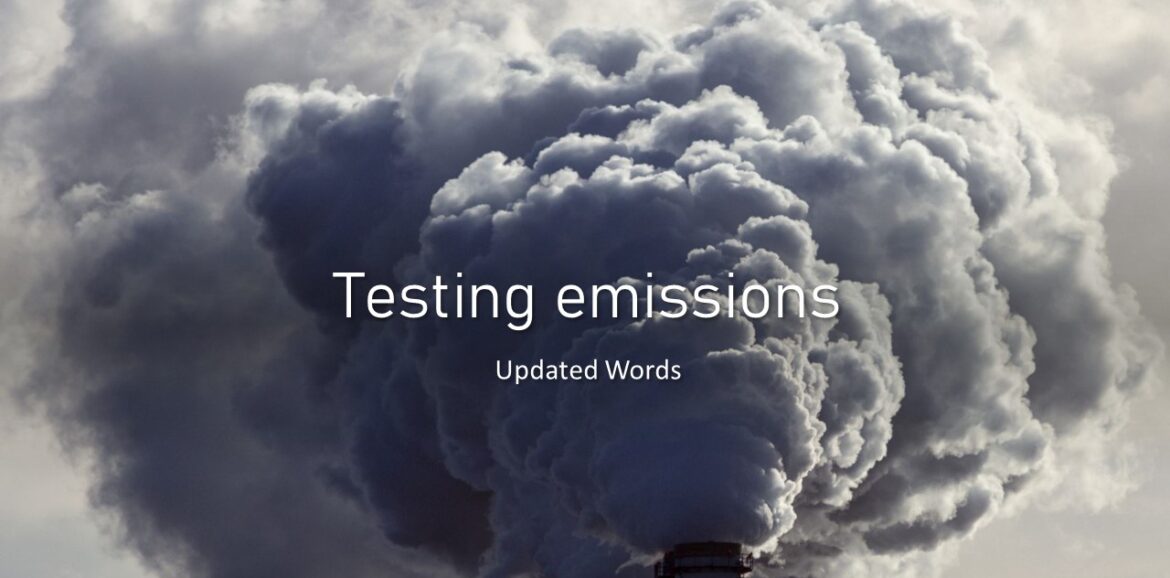Testing emissions is a fundamental part of the fight against climate change. If we have a deep understanding of the level of emissions we produce, we can set better strategies to reduce that level and reach our target. In the aviation industry that has been a priority for a long time. Last month, Boeing announced in a press release that it is joining NASA and United Airlines in a project to test the emissions produced by SAF comparing it to the emissions produced by regular jet fuel.
What are the goals of this project?
According to the article, the main goal of this project is to understand the effects that advanced fuels, engine combustor designs and other technologies have on atmospheric warming and how they can reduce its level. Part of the study is to assess contrails and how SAF affects them. We still don’t know the full impact; however, research suggests that certain contrails may trap heat in the atmosphere. Therefore, it is important to deepen these studies and evaluate the effects SAF can have in these contrails.
How will it work?
The article says that its second ecoDemonstrator Explorer which is a 737-10 to be delivered to United Airlines, will be filled with SAF and conventional jet fuel, each on separate tanks. The plane then flies and alternates from 100% SAF to conventional jet fuel. Behind this commercial aircraft will be NASA’s DC-8 Airborne Science Lab which will measure the emissions produced by each type of fuel as well as the ice particles in the contrails. Images of the contrail formation will be captured by NASA’s satellites.
They are not alone
These three companies are not alone in this project. Other companies have also supported this project as it is a very important step to understand the efficiency of SAF as a major key for aviation decarbonisation. The SAF used in the tests will be provided by World Energy and will come from their facility in Paramount, Calif. FAA will be providing funding through its ASCENT Centre of Excellence. GE Aerospace is also providing some funding and technical expertise whilst the German Aerospace Centre will contribute with experts and instrumentation.
The project will be fundamental to understanding the benefits of SAF and possibly enable other environmental benefits. Understanding how these technologies can be optimised will eventually help aviation reach its target zero, until then we need to keep these tests going, so we can get better results.

